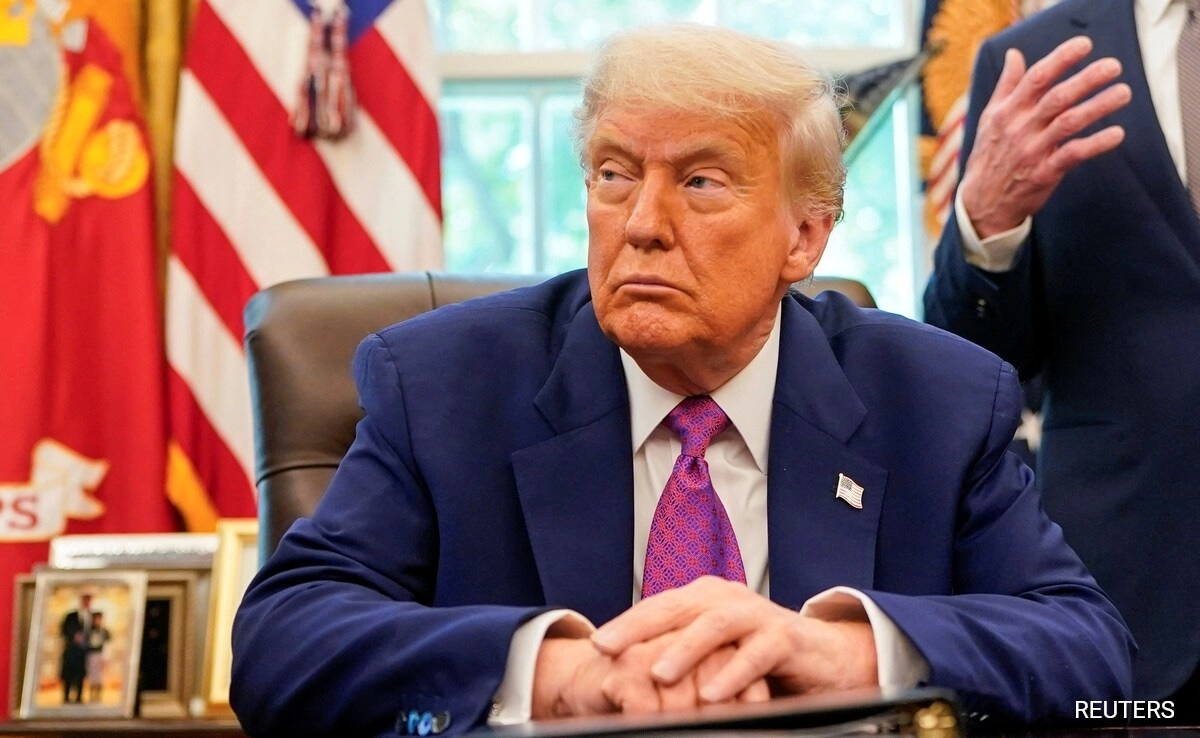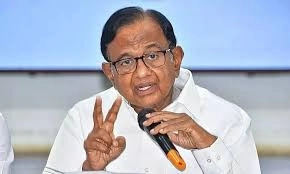In the complex landscape of international relations, few issues provoke as much debate as trade tariffs and the intricate dynamics of terrorism. The recent discourse surrounding former President Donald Trump’s approach to India and the scenic town of Pahalgam highlights a striking paradox: it appears that dealing with terrorists might be more straightforward than navigating the murky waters of international tariffs. While the threat posed by terrorism is undeniably grave, the multifaceted nature of trade relationships often complicates diplomatic efforts and can lead to unintended consequences.
Trump’s administration was marked by a confrontational stance on trade, particularly with nations like India, which has been a significant partner in the geopolitical arena. The imposition of tariffs can be seen as an attempt to protect domestic industries, yet they also risk straining relationships with allies and complicating negotiations. In contrast, confronting terrorism, particularly in regions like Kashmir, often demands a more unified global response, where nations recognize a common enemy. The nature of this threat can sometimes compel countries to set aside economic disputes and work collaboratively to address security concerns.
Pahalgam, a picturesque tourist destination in India, exemplifies the juxtaposition of beauty and conflict. The town is not only a hub for tourism but also a hotspot for tensions related to terrorism. The stark reality is that tourism can be significantly affected by security issues, which in turn impacts local economies. While dealing with terrorists may involve direct military or intelligence actions, the consequences of tariffs can be more insidious, affecting businesses and livelihoods over time. The challenge lies in balancing economic interests with security imperatives, a task that requires delicate diplomacy and strategic foresight.
Ultimately, the dialogue surrounding Trump, India, and the implications of tariffs versus terrorism underlines the complexity of modern governance. It serves as a reminder that while immediate threats like terrorism demand urgent responses, the long-term impacts of trade policies require careful consideration. Policymakers must navigate these challenges with an understanding that the effects of their decisions resonate far beyond the political arena, influencing lives and economies on a global scale. Balancing these competing priorities is essential for fostering stability and prosperity in an increasingly interconnected world.




